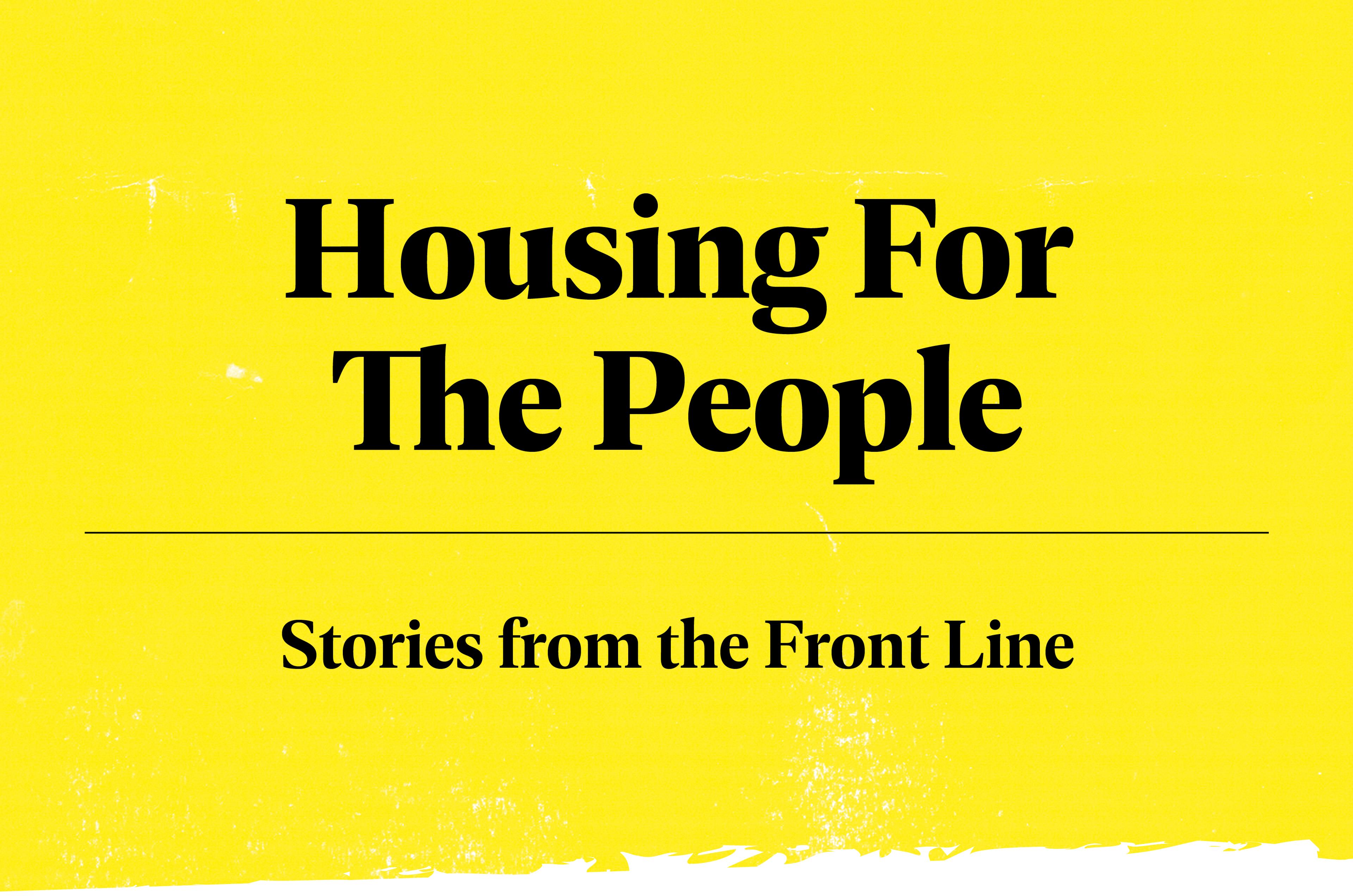Handle with care: the risks involved with lived experience

Photo by Joel Muniz
By David Pentland
- Lived experience
The following article is part of INSP’s Changing the Narrative series. It has been written as the result of the new journalism training academy, established in 2025 by INSP to provide people with direct experience of homelessness and poverty the opportunity to learn about journalism and the media, and to enhance their storytelling and written abilities. The training academy has two ambitions: to challenge media and public misconceptions about homelessness; and to tackle the lack of representation and diversity in newsrooms. The training academy will run again in September 2025 in INSP’s hometown of Glasgow, Scotland.
Real life stories are flavour of the month. In fact, in recent times, the integration of “lived experience” into homelessness services has gained considerable traction, lauded for its potential to offer authentic insights and empower people with a homelessness story.
While the intentions behind this movement are undeniably noble, a critical examination reveals a complex array of dangers and ethical dilemmas that, if unaddressed, can undermine the very services that they aim to improve.
There are significant risks associated with an uncritical embrace of lived experience, including the potential for tokenism, the burden of emotional labour, the challenge of maintaining professional boundaries, the risk of generalising individual narratives, and the imperative to balance lived experience with professional expertise.
The people most at risk in this space are the people whose developmental years were overshadowed by trauma and adversity. They are often marched out onto the frontline, with little training or education and expected to fulfil a role in a space that was once reserved for degree-educated multidisciplinary workers.
The near certainty of vicarious trauma and the impact on people (who only a few short years ago were the client) is massive. As they connect with other people’s trauma on multiple levels, the science says that they are releasing toxins into their own bodies that will dramatically shorten their lifespan.
Maintaining professional boundaries presents another significant challenge. People with lived experience, particularly in peer support or outreach roles, may find it difficult to navigate the complexities of professional relationships while simultaneously drawing on deeply personal narratives. The inherent vulnerability in sharing one’s own story can make it challenging to establish and maintain a professional distance, potentially leading to over-identification with service users, blurred lines in advice-giving, or an inability to enforce necessary rules and regulations.
While empathy is crucial in homelessness services, shared experience without professional frameworks can lead to a lack of objectivity, making it difficult to make impartial decisions or set appropriate boundaries for service users, which could ultimately hinder their progress towards stability.
The danger of focussing on individual narratives is a pervasive risk. While personal stories offer invaluable qualitative insights, they are by their very nature subjective and specific to an individual’s unique circumstances. The lived experience of one person, however compelling, cannot be universally applied to the diverse and multifaceted homeless population.
Factors such as gender, ethnicity, mental health status, addiction and the specific circumstances leading to homelessness create vastly different journeys and needs.
Over-emphasising individual narratives without a broader understanding of sociological, economic and systemic factors can lead to misinformed policy decisions and service designs that fail to address the root causes of homelessness for a wider demographic. It risks creating a “one size fits all” approach based on anecdotal evidence rather than robust research and data.
We must move beyond symbolic gestures, provide robust support systems, establish clear professional frameworks, embrace a nuanced understanding of diverse experiences, and, critically, ensure that lived experience works in concert with, rather than in place of, vital professional expertise. Only then can the invaluable contributions of people with lived experience genuinely enhance and transform homelessness services for the better.

